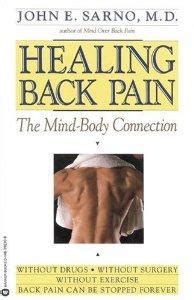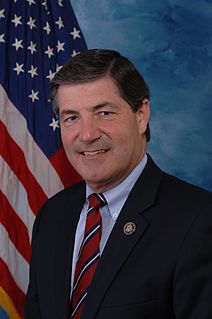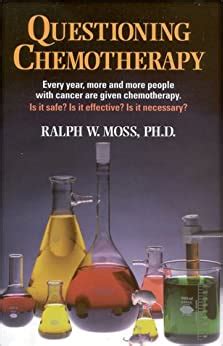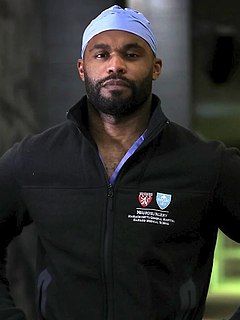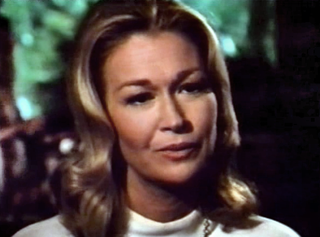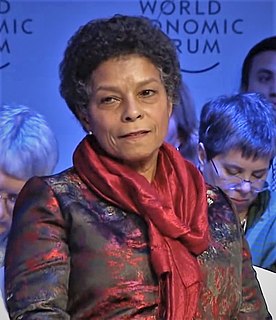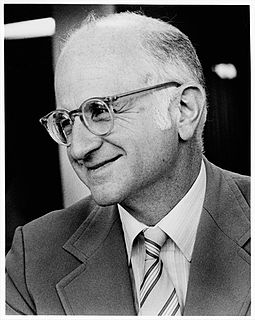A Quote by John E. Sarno
Most doctors are uncomfortable with medical conditions that have a psychological basis.
Quote Topics
Related Quotes
There may perhaps be a new generation of doctors horrified by lacerations, infections, women who have douched with kitchen cleanser. What an irony it would be if fanatics continued to kill and yet it was the apathy and silence of the medical profession that most wounded the ability to provide what is, after all, a medical procedure.
Intern will resonate not only with doctors, but with anyone who has struggled with the grand question 'What should I do with my life?' In a voice of profound honesty and intelligence, Sandeep Jauhar gives us an insider's look at the medical profession and also a dramatic account of the psychological challenges of early adulthood.
In medical school, students are immersed in the realm of medical ethics. It's where new doctors study, learn right and wrong, ask tough questions, and discuss things like end of life care, genetic testing, and patients' rights. In lots of ways, it's the most important part of being a compassionate and competent doctor.
...60 advocates of unorthodox therapies whose credentials are given in the ACS book (above).(:) Of these 60, thirty-nine or almost two-thirds, hold...medical degrees from such universities as Harvard, Illinois, Northwestern, Yale, Dublin, Oxford, or Toronto. Two are osteopaths. 3...also hold...(PhD's)....scientific....reputable....8 others received PhD's in such fields as chemistry, physiology, bacteriology, parasitology, or medical physics, from...Yale, Johns Hopkins, UC Berkeley, Columbia, and NYU. Thus over 75%...are medical doctors or doctors of philosophy in scientific areas.
Doctors are directly responsible for hooking millions of people on prescription drugs. They are also indirectly responsible for the plight of millions more who turn to illegal drugs because they were taught at an early age that drugs can cure anything - including psychological and emotional conditions - that ails them.
As a physician I have sympathy for patients suffering from pain and other medical conditions. Although I understand many believe marijuana is the most effective drug in combating their medical ailments, I would caution against this assumption due to the lack of consistent, repeatable scientific data available to prove marijuana's benefits. Based on current evidence, I believe that marijuana is a dangerous drug and that there are less dangerous medicines offering the same relief from pain and other medical symptoms.
Most of us avoid telling the truth because it's uncomfortable. We're afraid of the consequences-making others feel uncomfortable, hurting their feelings or risking their anger. And yet, when we don't tell the truth, and others don't tell us the truth, we can't deal with matters from a basis in reality.
